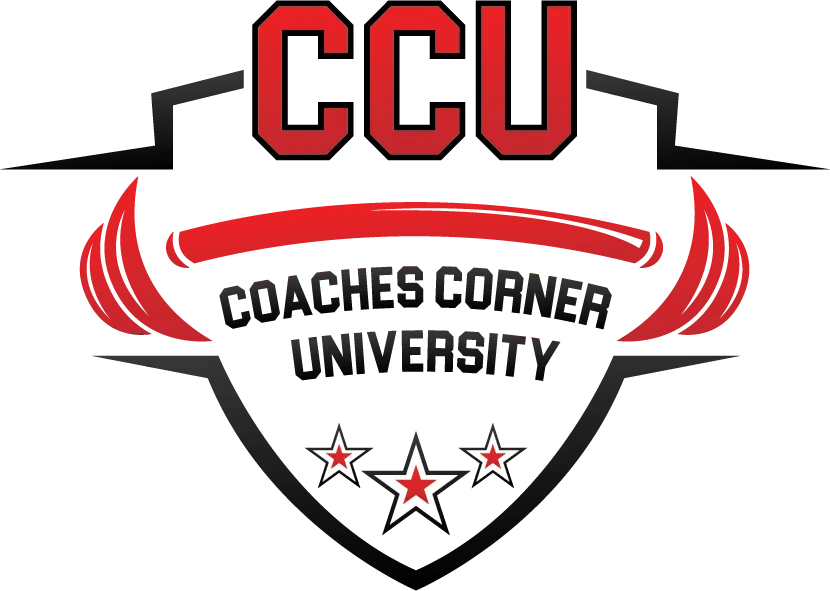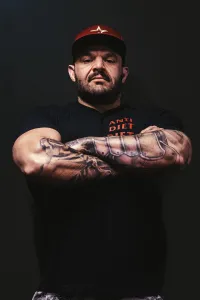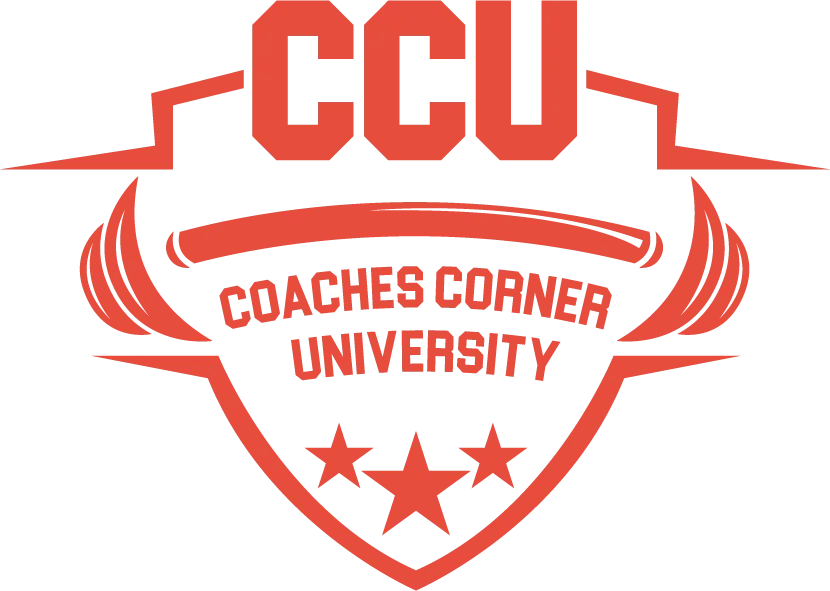Discover The Latest Blogs
Stay updated with Our Informative Blog Posts
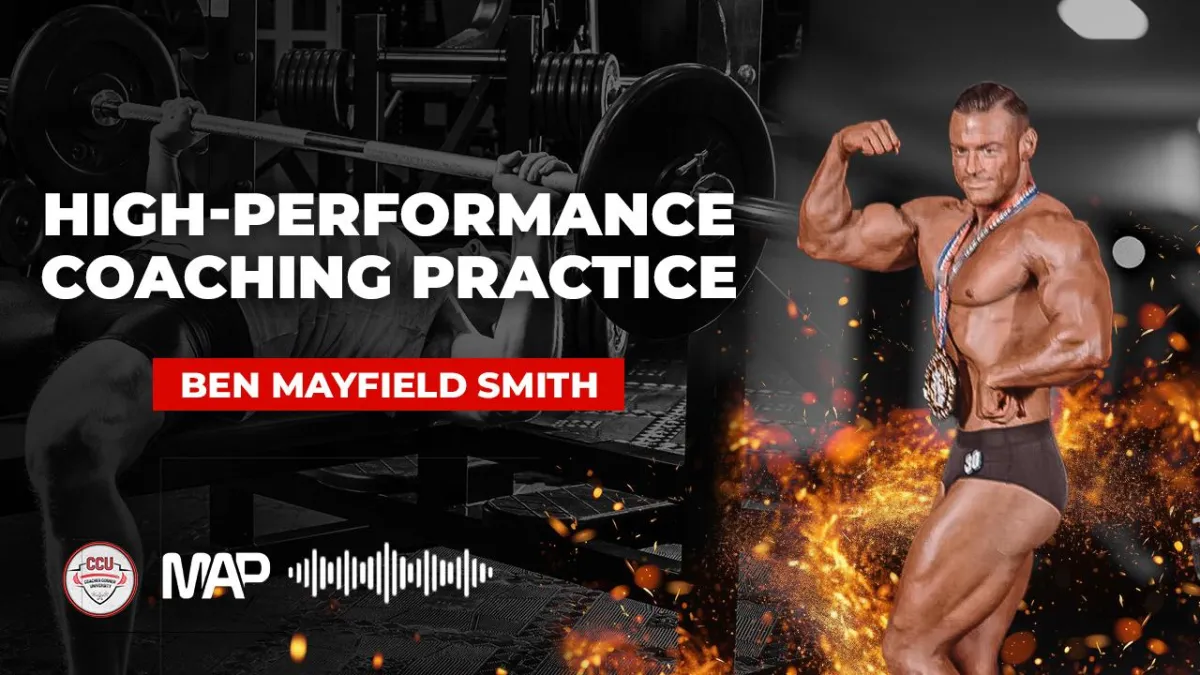
CCU Podcast - Benjamin Mayfield: High Performance Coaching Practice
High-Performance Coaching Practice
This week, I met with Benjamin Mayfield-Smith, Founder of Matter Athletica, a coaching ecosystem built for those who refuse to settle for average — in body, business, or life. Ben is a high-performance coach, bodybuilding specialist, and the mind behind The Matter Mentality — a philosophy rooted in radical ownership, intentional suffering, and the pursuit of untapped human potential. From competitive physique athletes to everyday high performers, his work blends elite training systems with a ruthless commitment to self-mastery.
His diverse experience has shaped a coaching philosophy that transcends traditional strength and conditioning paradigms, offering valuable insights for coaches looking to elevate their impact beyond sets and reps.
After analyzing our conversation, I've distilled Ben's most powerful insights for strength and conditioning professionals who want to take their coaching to the next level. These takeaways represent the principles Ben has found most transformative in developing high-performing clients who excel not just in sport, but in life.
10 Key Takeaways from High-Performance Coaching Practice
Performance Is All-Encompassing
Ben's entire coaching philosophy was transformed by a profound realization: "We are performing in every area of our life—we only view performance on the field."
During his psychology studies, Ben met with a sports performance psychologist who had transitioned from working with Commonwealth Games athletes to the performing arts department. This encounter crystallized his understanding that performance transcends domains. Whether your clients are bodybuilders, executives, or parents, they're performing in every role. Ben challenges coaches to help clients see how the discipline and focus they bring to training can elevate how they show up in careers, relationships, and communities.
Training Should Enhance Life, Not Detract From It
One of Ben's strongest convictions is that training should make every other aspect of life better, not worse. As he explains: "If you know how to show up for training, if you know how to be consistent in execution of meal plans, if you know how to deliver on time... how do those factors cross over to your work life?"
Ben has observed too many physique athletes who say yes to everything bodybuilding and no to everything else, only to find themselves with no career, deteriorating health, and fractured relationships. His approach to high-performance coaching helps clients leverage training to increase productivity, enhance relationships, and build skills that transfer to all domains of life.
Create Systems for Deliberate Growth Through Struggle
"Genuine purpose and meaningfulness comes from the deliberate exposure to struggle," Ben asserts. His coaching philosophy embraces the reality that life will be a struggle regardless of our choices—so why not choose meaningful struggles that produce valuable outcomes?
Ben frames preparation and training as deliberately chosen challenges that build transferable skills. The delayed gratification, goal-setting, structure, and time management required in athletic training are the exact same skills that create success in business, relationships, and personal growth. For coaches, this means designing training that introduces calibrated challenges while providing systems to help clients extract meaningful lessons.
View Choices as Dials, Not Switches
Ben teaches his clients to abandon binary thinking about priorities. Choices aren't on/off switches where focusing on training means neglecting relationships. As we discussed, they're dials that can be adjusted based on priorities and seasons of life.
"I think people get in this false dichotomy of if I choose something, that means I have to completely neglect that other thing... as opposed to a dial up and a dial down," I noted during our conversation. Ben affirmed this perspective, explaining that during intense preparation phases, some dials might be turned higher than others, but nothing should be completely switched off. This balanced approach allows clients to maintain broader life priorities while still pursuing ambitious goals.
Focus on Identity Transformation
Perhaps Ben's most powerful insight is his emphasis on identity development through training. He challenges the trend of viewing bodybuilding merely as physical transformation: "What is the identity you forge along the way? Because something that I think is really taking hold in bodybuilding, which I don't like, is that it's being used for someone to transform their physique... But one of the key transformations that I do agree with is: Did you transform your identity?"
For Ben, coaching isn't just about building better bodies—it's about forging better people. The lessons of extreme preparation—discipline, resilience, strategic thinking, and emotional regulation—should create an identity evolution that remains long after physical conditioning peaks. Coaches should help clients use training to reinforce who they're becoming, not just what they look like.
Implement Weekly Reflection Systems
Ben shared one of his most effective coaching systems: structured weekly reflection. In client check-ins, he asks three key questions:
"What was a struggle that we faced this week?"
"What was something that we overcame? How did that feel?"
"What is a win this week, regardless of physique?"
This simple system creates a progressive record of growth that helps clients see their evolution. "What is now a struggle would have broken you 12 months ago," Ben tells his clients. "What is now your weekly standard and acceptability? That was your risk. That was your struggle profile 12 months ago." This reflection helps clients recognize how far they've come and builds confidence for continued growth.
Utilize the Dichotomy of Control
When clients face challenges, Ben has them create two lists: "in control" and "not in control." This Stoic principle proves transformative during difficult phases of training or life.
"What do you have direct influence over in your life? What do you have no influence over?" Ben explains. "It doesn't mean that 'no influence' isn't a problem, but there's no point putting energy into the things you can't impact." By directing energy exclusively toward factors within their influence, clients preserve valuable cognitive bandwidth and emotional resources. The stress of prep or challenging training phases becomes more manageable when efforts are focused on productive actions rather than futile worry.
Walk Your Talk as a Coach
Ben's credibility as a coach rests on embodying the principles he teaches: "I'll never ask my clients to do something that I've never done. I'll never ask my clients to go to a level that I haven't ever been to."
He shared how he recently pulled out of a competition because he couldn't reach his personal standard of conditioning. This wasn't just about personal standards—it was because he refuses to ask clients to achieve a level of leanness or performance that he's unwilling to demonstrate himself. This level of integrity and consistency between words and actions creates profound trust with clients.
Reverse-Engineer Identity Development
For clients struggling to find direction, Ben employs a powerful visualization technique: "Think of a version of you in 10 years' time, the most perfect version of you that exists... Now reverse engineer that instead and create your identity."
He asks clients to identify the traits, skills, beliefs, social circles, and daily habits this future self possesses, then start acting like that person immediately. "You don't become a pro athlete and act like a professional athlete," Ben tells clients. "You act like a professional athlete, then eventually you might get there." This approach helps clients identify and implement the behaviours of their aspirational self today.
Develop Speed of Implementation
Ben's success as a coach comes from rapid adaptation based on real-world feedback. After every show, training phase, or client milestone, he immediately analyzes what worked, what didn't, and how systems can be improved.
"For me, it's speed of reflection, speed of assessment, and then speed of implementation," he explains. When a client's show was moved up an hour recently, Ben had completely revised his peak week systems by the next day. This commitment to continuous improvement has made him "an entirely different coach season to season." Coaches should cultivate this same rapid feedback loop for continuous improvement in both their practices and client outcomes.
Ben's insights reveal that the most impactful strength and conditioning coaches understand that physical training is merely the vehicle through which we deliver profound personal development. By implementing these principles, coaches can elevate their practice beyond physical transformation and into the realm of life transformation.
Find Ben
Website - http://www.matterathletica.com/
YouTube - Matter Athletica
IG - @ ben_mayfieldsmith_/@MatterAthletica
Find the podcast:
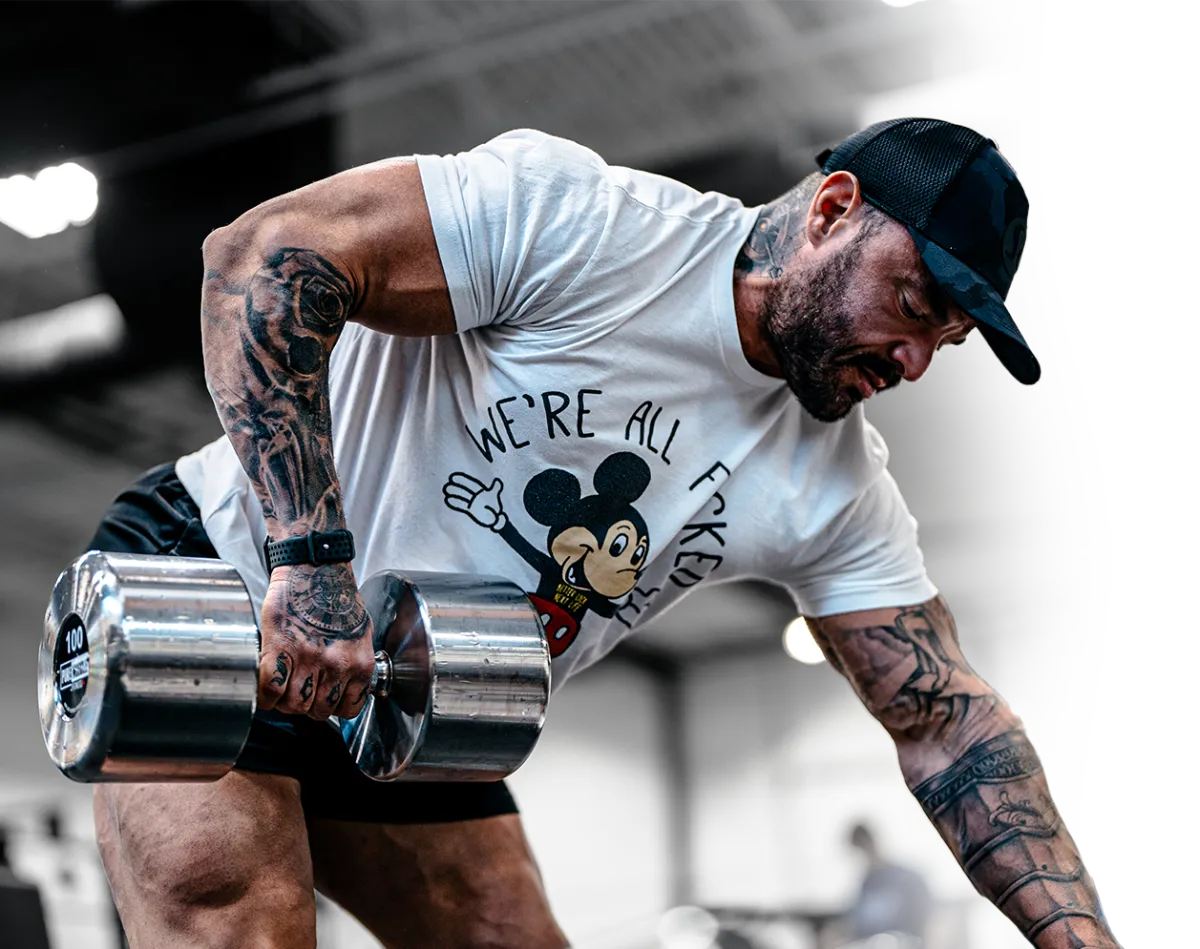
Coaches Corner PhD
